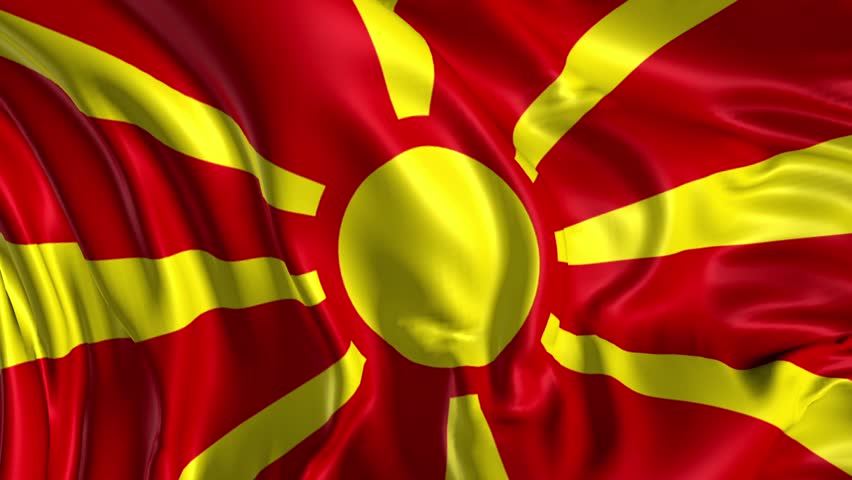The Greek parliament will probably vote late tonight with a new name for neighbouring Macedonia: Northern Macedonia. Five questions about the solution of one of the longest lingering quarrels in Europe.
- What is the conflict about?
About the right to the name ‘Macedonia’. The country divorced peacefully from Yugoslavia in 1991 under the name ‘Republic of Macedonia’. Greece objected directly to this.
Athens was given that international organisations only recognise the northern neighbour under the name Former Yugoslav Republic of Macedonia (or FYROM, after the English abbreviation). The Greeks call the country itself ‘Skopje’, after the capital of the country. They block the accession of Macedonia to NATO and the EU as long as there is no agreement about the name. - Why is that name so sensitive?
The ancient kingdom of Macedonia covered parts of present-day Greece, Macedonia, Albania, Bulgaria, Serbia and Kosovo from the ninth to the first century BC. The Greeks find that they, among other things from the then common language, have the exclusive right to the illustrious history and heroic deeds of the time of the historical Macedonian Alexander the Great.
They find that Skopje with the name ‘Macedonia’ steals Greek history, and are afraid that the neighbours are out on territory. Greece has a large region also called Macedonia, bordering the country of Macedonia. For unsuspecting motorists on their way to the south, this is extremely confusing. If you cross the border, you first see a sign ‘see you in Macedonia’. And immediately afterwards a Greek sign follows: ‘Welcome to Macedonia!’ - Is a solution now in sight?
After 27 years of quarrels, boycotts and harassments back and forth, the prime ministers of the two countries agreed with a compromise last summer: Macedonia is going to be called Northern Macedonia. On both sides of the border, that deal leads to a lot of resistance. Nationalists find that their governments do too much water with the wine.
Many Macedonians believe that their country can have no other name than ‘Macedonia’, while most Greeks think that this term should not come back in the name of their neighbour. Nevertheless, the parliamentarians in Skopje voted tightly for the deal two weeks ago. It seems that their Greek colleagues are doing the same thing tonight. - Why is a deal also crucial?
Northern Macedonia can quickly join NATO. Negotiations on EU membership can also start, although this is a much longer and more difficult process. Both issues can provide more peace in the unstable region that is the Balkans. Europe and America are afraid that Russia wants to expand its influence. Moscow has already said to be against the deal. - What happens if the Greek Parliament approves the deal tonight? And what if it does not?
If the Greeks agree, then (Northern) Macedonia should rename institutions, issue new passports, change signs and stationery … Premier Zaev has already said that he wants a new passport first. And in May the Netherlands can award its points at the Eurovision Song Contest to Northern Macedonia, instead of FYROM.
If the Greeks block the deal, it is for them an unprecedented international embarrassment. Skopje has already met all the painful conditions. But Macedonia is also sitting with the baked pears: the country is standing still, and it probably takes many years before a new deal is in sight.

